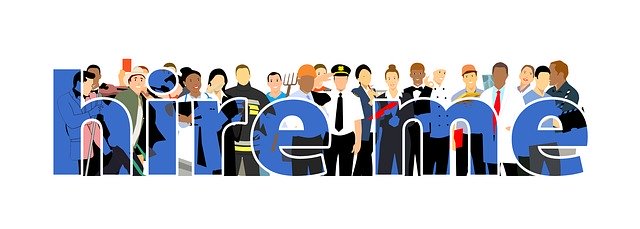Learn digital marketing techniques to build your career brand in new webinar series
October 3, 2018
Editor’s note
October 11, 2018In Client Side, a new Careering feature, jobseekers reflect on successes and struggles in their career development.
After she was diagnosed with a progressive condition, Rebecca McMurrer feared the time and effort she had put into building a nursing career would go to waste
By Rebecca McMurrer

My name is Rebecca McMurrer, and I live with a condition called spastic paraparesis as well as cerebral palsy. I have been trained in and worked as a human services worker, pharmacy technician and most recently became a licensed practical nurse specializing in Alzheimer and dementia care. I live in Saint John, NB, work for a non-profit organization and volunteer with a local nursing home in their Dementia Care unit. I have a passion for caregiving and educating others on various health topics as well as advocating for those who do not have a voice.
Finding a job was never very difficult for me. I had a great resume and a lot of experience and education. This all changed after I was diagnosed with a progressive condition and my mobility began to deteriorate. I still had the same qualifications and experience, but now I felt burdened with a label and new restrictions. I was a nurse, but now a nurse with a disability. This newly attached addendum to my life felt like an apology with a “but” attached to it. I felt my skills and experience would mean less and by that I would mean less as a person in the health-care field. How could I compete with those who had the same qualifications and knowledge, but were able to stand for hours on end, when I could not?
Being a nurse is an extremely physical job, but it was my passion. I was left struggling to reassure myself that I was still viable in my chosen field and that not only could I continue and flourish in my current vocation, but also that all the time, effort and study I had put into my career was not without merit. I began to feel as though my life (which was tethered to my career in many facets) was now as limited as I had begun to feel physically. My mental and physical health began to suffer as I pushed myself more and more to show not only those I worked with, but also myself, that I could still be a viable member of a care team. I pushed myself so hard, in fact, that I now require crutches and, in many instances, a wheelchair to complete even the simplest of tasks that I once took for granted. I began to feel more isolated and ineffectual as time passed.
I reached out to a friend to talk about my situation. He told me about an organization called the Canadian Council on Rehabilitation and Work (CCRW), and how they not only assisted him with finding a meaningful and appropriate career, but even more importantly, reminded him of his worth as a productive member of society. I took his advice to reach out and, after only three months, I found a position that suited my needs and accommodations, and also allowed me to support a population of people – often neglected and underserved – living with Alzheimer’s and dementia.
Advocacy organizations help people who may have lost their drive, or even their ability to feel productive and of worth, to see themselves as equal to their peers. This is no small task, as physical ailments can create or exacerbate mental ailments if a person is feeling undervalued at work. Much work is still to be done, but with the increasing number of inclusive employers and organizations such as the CCRW working together, we are now making what was once impossible, possible.
Rebecca McMurrer is 26 years old and lives in Saint John, NB. In her spare time she enjoys volunteering at her church, exploring New Brunswick’s beaches and spending time with her partner, their Boston terrier and their cat.

